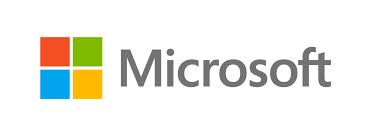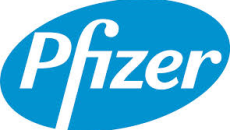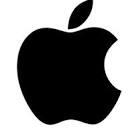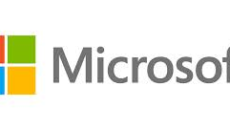In an aftermath of the anti-trust drive conducted by the Chinese regulators, Microsoft Corporation (NASDAQ:MSFT) is one of the 30 foreign organizations that have come under the scanner as regards the manner in which it distributes its browser software package in the country. To this effect, SAIC, an acronym for State Administration of Industry & Commerce, has provided the company with a leeway of 20 days to answer queries pertaining to the compatibility of its OS.
As per Zhang Mao, chief of SAIC –
“Microsoft is suspected of incomplete disclosure of information related to Windows and Office software, as well as problems in distribution and sales of its media player and browser.”
This was after the SAIC conducted a surprise check on Microsoft Corporation (NASDAQ:MSFT)’s offices in multiple cities in response to a series of complaints by a number of users and businesses pertaining to their OS and software on Office Productivity. During the search, they confiscated emails and other documents and then turned up a week later to apprehend officials who had not been around during the first visit. The root cause of all this is the Windows 8 OS and China’s refusal to procure it.
While critics have labeled this crack-down on foreign companies as being unjust and unfair, Microsoft Corporation (NASDAQ:MSFT) has assured that it was –
“serious about complying with China’s laws and committed to addressing SAIC’s questions and concerns”.
What is striking about this incident is its timing which is just short of the new CEO Satya Nadella making his first trip to China. Responsibility of framing appropriate responses has been entrusted to David Chen, Vice-President of Microsoft Corporation (NASDAQ:MSFT). Overall, although Chinese authorities have made a statement that they are going to examine issues pertaining to compatibility and bundling, in Mr. Zhang’s words –
“It is still too early to say what the results of the investigation would be. But no matter what, companies must obey Chinese laws.”
Another well-known America firm that had also faced similar investigation Qualcomm Inc (NASDAQ:QCOM), maker of chips, wherein authorities suspected it of overcharging and taking undue advantage of its enviable position in the wireless communication niche. 50 percent of QUALCOMM, Inc. (NASDAQ:QCOM) revenues came from the Chinese market.
This article has been written by Vinita Basu.




